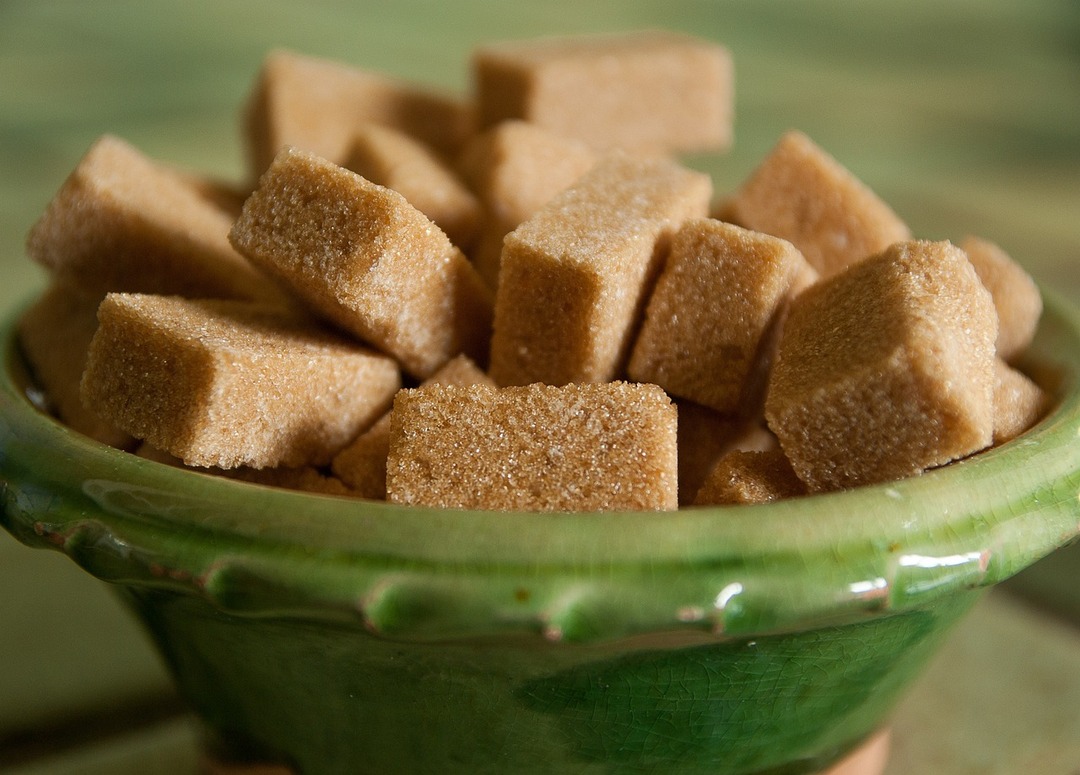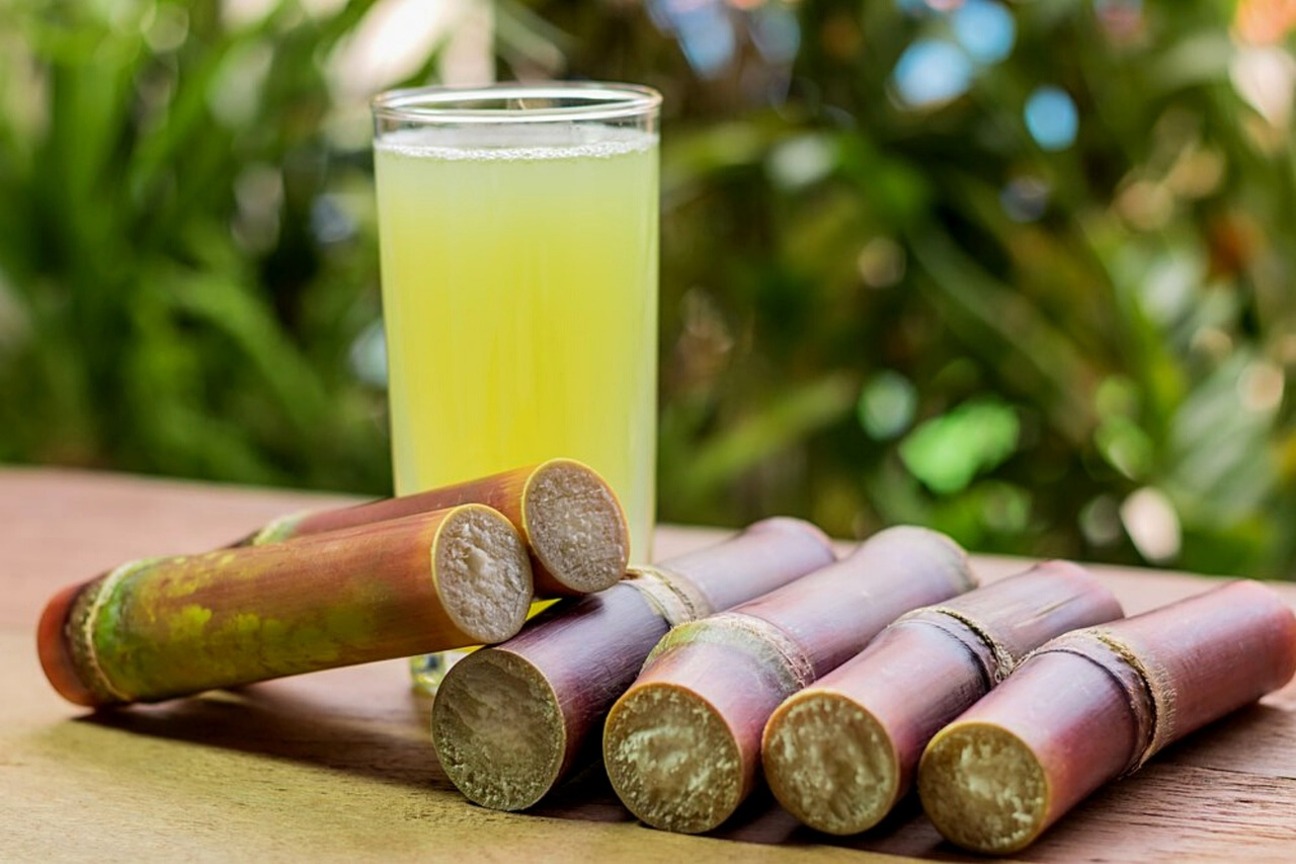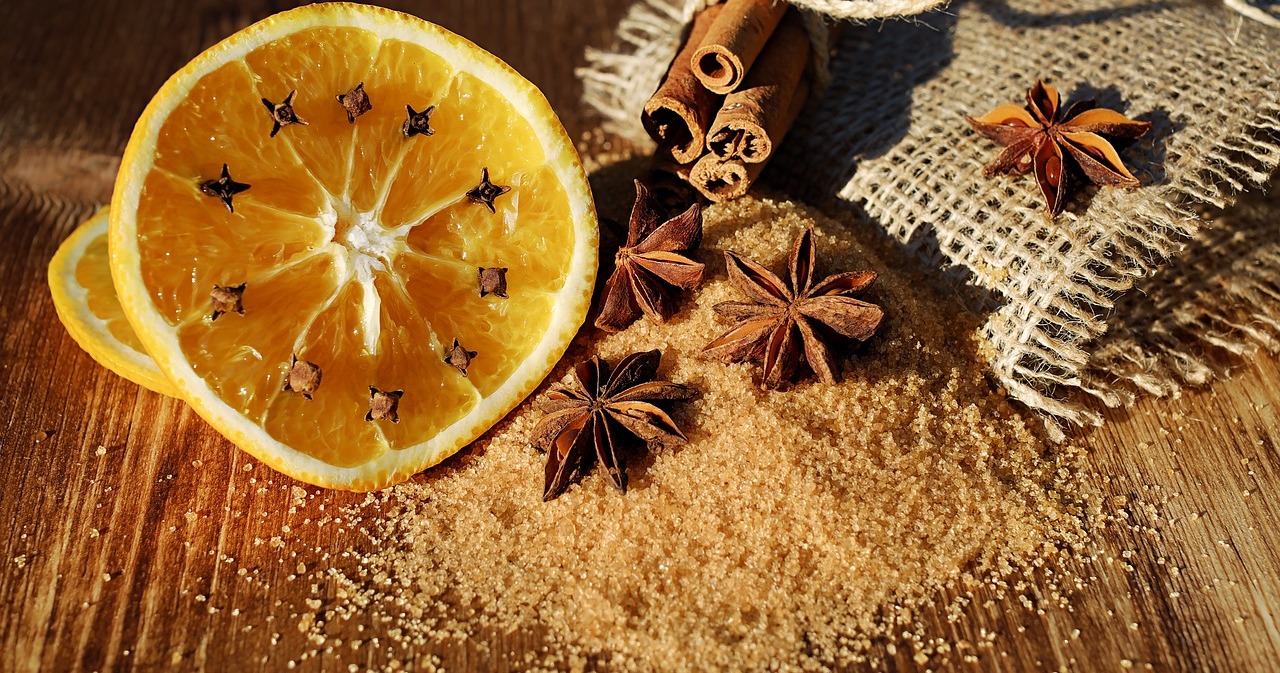The Fascinating Origin of Sugar: A Journey Through History
Sugar, a sweetener that has become an integral part of the world's diet, has a rich and complex history spanning millennia and continents. This article explores the evolution of sugar, from its ancient origins to its pivotal role in modern gastronomy and industry.
Sugar is primarily extracted from sugar cane (Saccharum officinarum). Its earliest records are found in New Guinea, around 8,000 BC.
Sugar cane was domesticated in New Guinea and spread across the Pacific Islands and Southeast Asia. The first documented references to sugar production come from ancient India, around 500 BC. In this period, it was discovered how to crystallize sugar cane juice to create a solid, more easily transported product.
It was used both in cooking and in Ayurvedic medicine. The Persians adopted Indian knowledge about sugar and improved refining techniques. This refining allowed for purer, whiter sugar crystals, which became a highly prized commodity.
With the expansion of Islam, knowledge about sugar production spread throughout the Middle East, North Africa, and the Iberian Peninsula. The Arabs established sugar cane plantations in places such as Egypt, Morocco, and Spain.
The Age of Sugar in the Americas
The discovery of America in 1492 by Christopher Columbus marked a turning point in the history of sugar. Europeans introduced sugar cane to the Caribbean, where climatic conditions were ideal for its cultivation.
By the 18th century, sugar had become an essential commodity in the global economy. Its mass production in the American colonies reduced its price and made it accessible to the masses in Europe. Sugar became a key component of the Western diet, especially in the form of sweets, cakes and preserves.
Technological Innovations
The development of technologies such as vacuum evaporation and centrifugation allowed for more efficient refining and mass production of sugar. These innovations further reduced the cost of sugar and expanded its availability.
Today, sugar is a ubiquitous ingredient in the food industry. It is used not only to sweeten foods and beverages, but also as a preservative and texturizer in a wide variety of products. Global demand for sugar remains high, with Brazil and India as the leading producers.
Sugar has come a long way from its origins in the ancient sugar plantations of New Guinea to becoming an essential ingredient in the world's diet. Its history reflects not only its economic and cultural importance, but also the challenges and changes it has faced over the centuries. At Mantecados Gamito Hnos. S.L., we honor this rich tradition by using the highest quality sugar to create products that delight palates and preserve the culinary legacy.
 Cookie preferences
Cookie preferences




